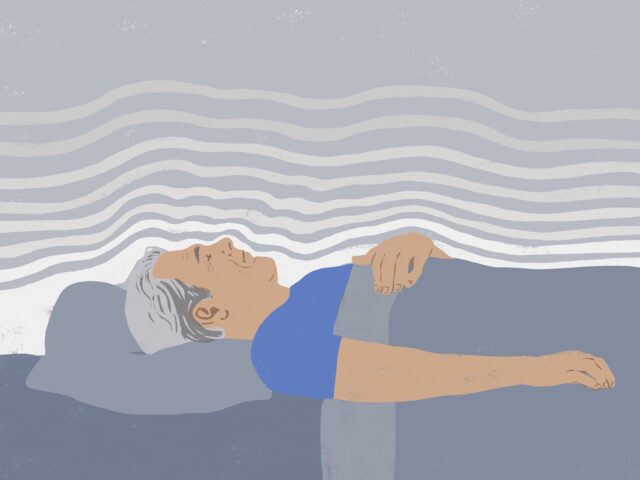The death of comedian Bob Saget earlier this month at the age of 65 sparked discussions about the possibilities and hazards when he was discovered motionless in a hotel room bed, though no cause of death was given. Doctors warn that dying while sleeping is a common source of concern for patients, especially those with heart problems.
“Patients come in terrified that they’re going to die while sleeping,” says Reena Mehra, a physician and the head of Cleveland Clinic’s sleep disorders research.
While rare, unexpected nighttime death can be caused by a variety of circumstances, including stroke, seizure, sedative overdose, and, most commonly, rapid cardiac arrest, according to doctors. According to Sumeet Chugh, medical director of Cedars-Heart Sinai’s Rhythm Center, abrupt cardiac arrest accounts for 90% of all sudden and unexpected fatalities that occur at night.
Those with documented heart illness, such as coronary artery disease, lung disease, such as chronic obstructive pulmonary disease, and obstructive sleep apnea are particularly at risk for sudden cardiac arrest while sleeping.
The most prevalent kind of sleep apnea, obstructive sleep apnea, causes people to stop breathing for brief intervals during sleep and is believed to affect 1 billion adults aged 30 to 69 worldwide.
Several studies have found that a person with obstructive sleep apnea has a greater risk of sudden death between the hours of midnight and 6 a.m. than the general population. Obstructive sleep apnea causes people to stop breathing 30 to 60 times each hour while sleeping.
The growth of telemedicine, personal blood-pressure and heart-rate monitoring technologies, and at-home diagnostics, including for sleep apnea, may make it simpler for patients to stay ahead of the dangers. The methods patients may utilize SMART Watches to track health data, like heart rate.







